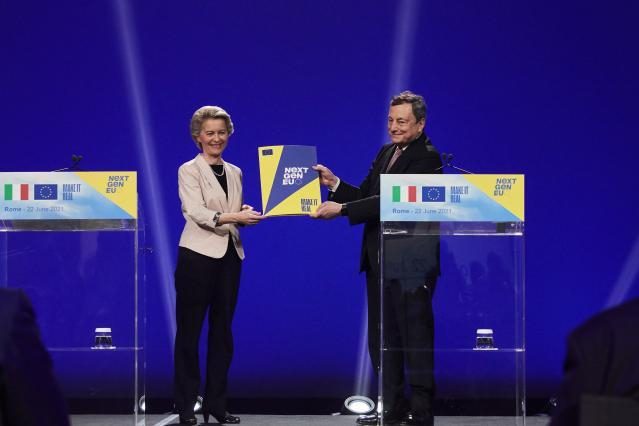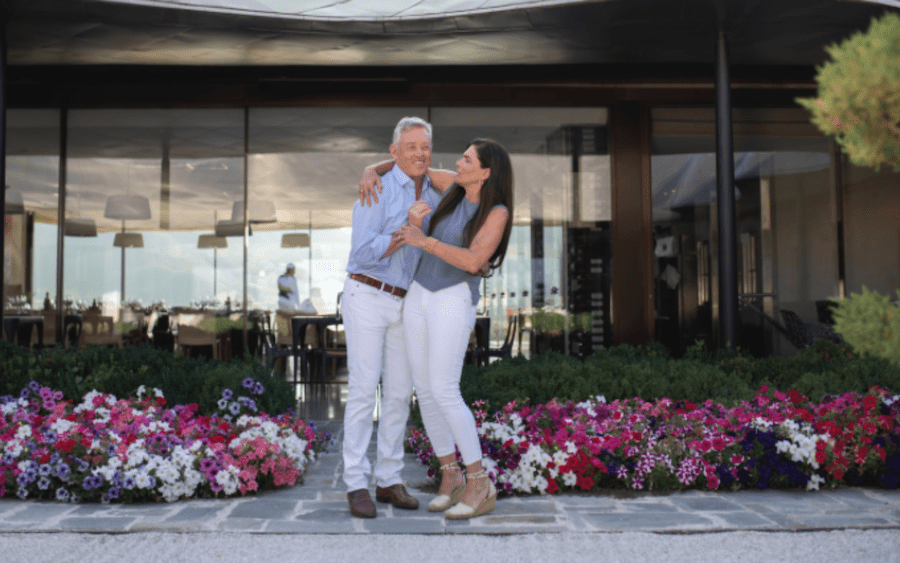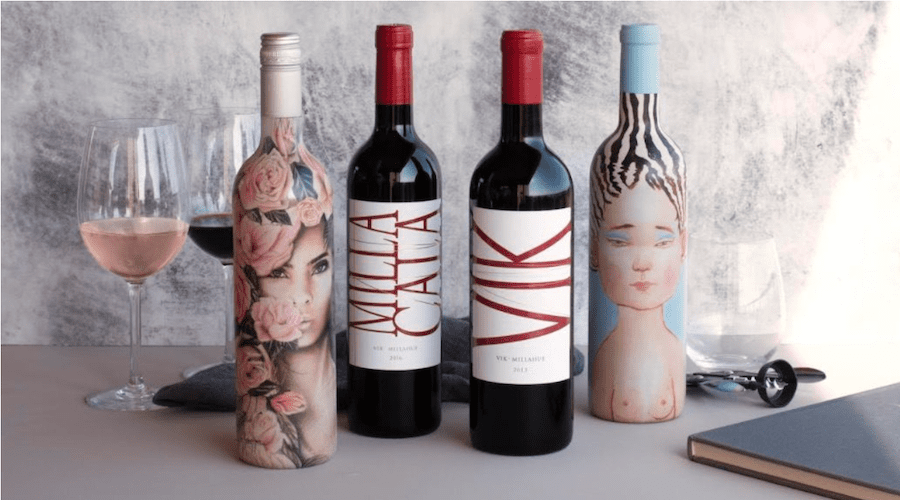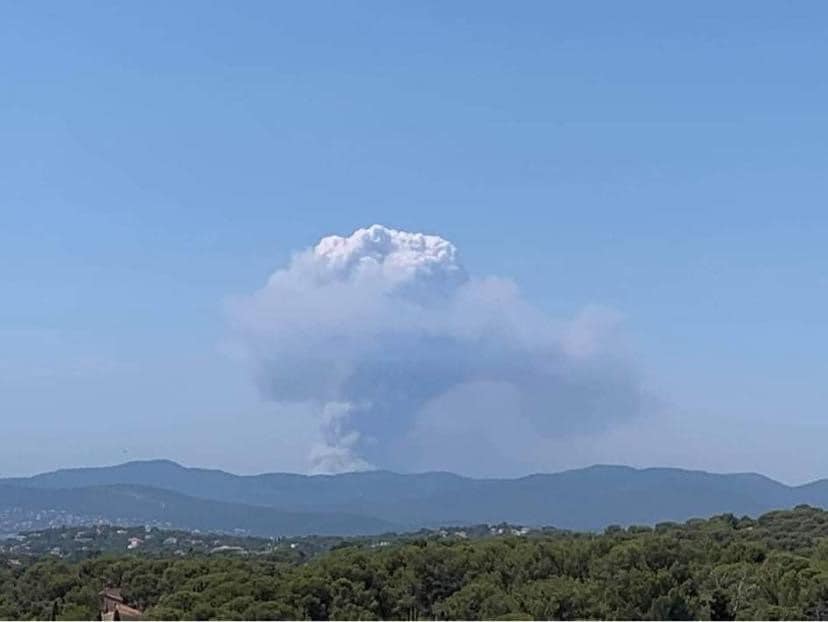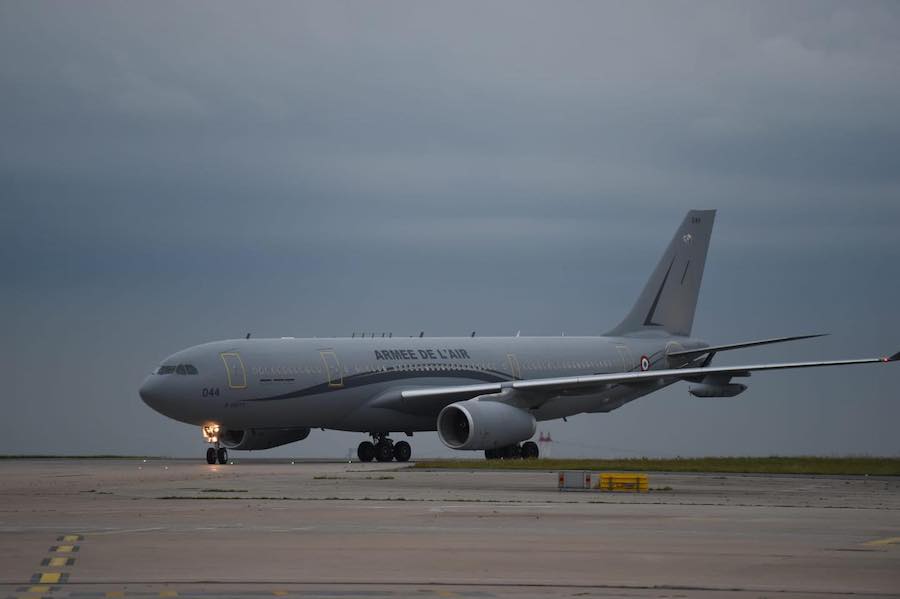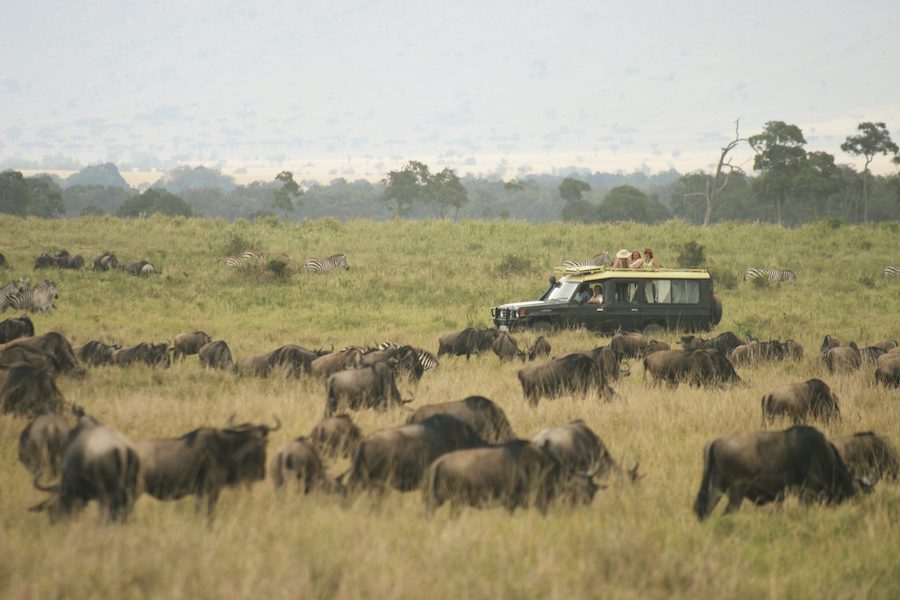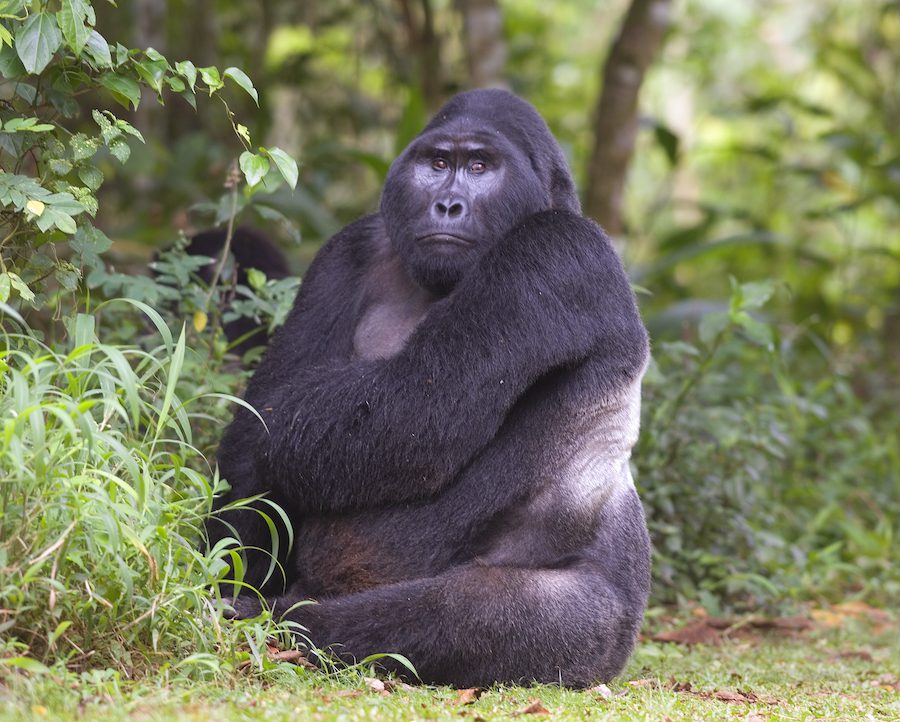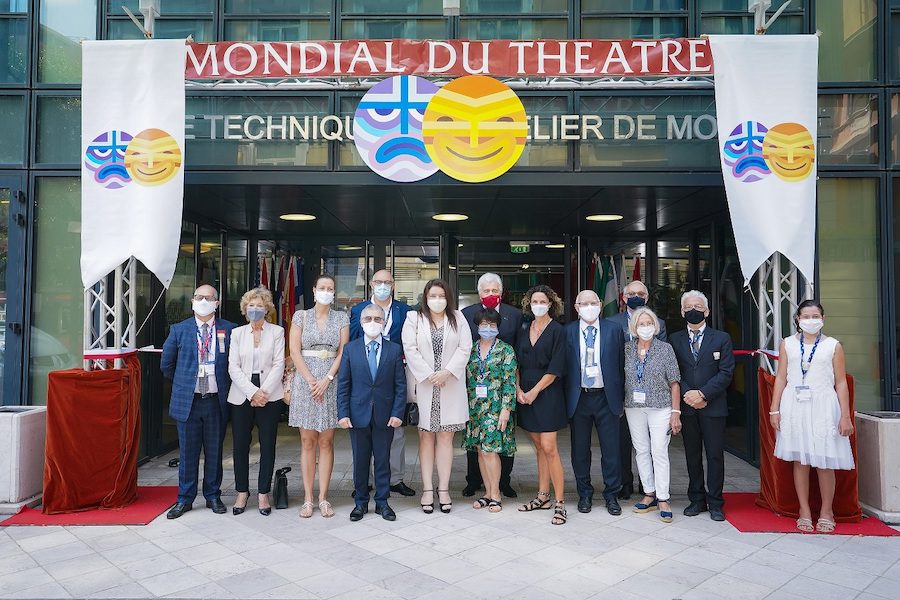As part of its pandemic-recovery plan, the European Commission has given Italy €24.9 billion in pre-financing, money that will go towards the country’s green and digital transitions.
The European Commission issued the funding on 13th August, equivalent to 13% of the country’s grant and loan allocation under the Recovery and Resilience Facility (RRF). The pre-financing will help to kick-start the implementation of the crucial investment and reform measures outlined in Italy’s recovery and resilience plan.
“NextGenerationEU is a historic opportunity to invest in Italy’s strength,” said Paolo Gentiloni, Commissioner for Economy. “Today’s pre-financing is a first, concrete and tangible step to start the investments and reforms that Italy has undertaken to put forward: a greener and more sustainable mobility system, an increase in renewable energy, the digitalisation of businesses, the roll-out of 5G and ultra-broadband, a more effective public administration and a more attractive and competitive business environment. All these measures and many others contained in Italy’s plan will modernise the country and create new opportunities. It is a once-in-a-lifetime chance for Italy to relaunch the economy and build a sustainable future for the next generations.”
The Italian plan is part of the unprecedented EU response to emerge stronger from the Covid-19 crisis, fostering the green and digital transitions and strengthening resilience and cohesion in European societies.
As part of NextGenerationEU, the RRF will provide €723.8 billion (in current prices) to support investments and reforms across Member States.
The projects that form part of Italy’s RFF plan include €32.1 billion for the green transition, integrating more regions into the high-speed rail network and completing the rail freight corridors. It will also boost sustainable local transport through the extension of cycle lanes, metros, tramways and zero-emission buses, including the construction of electric charging stations across the country and hydrogen refuelling points for road and rail transport.
€13.4 billion will be invested in promoting the uptake of digital technologies by companies through a tax credit scheme aimed at supporting and accelerating their digital transformation.
€26 billion will go towards increasing the supply of childcare facilities, reforming the teaching profession, improving active labour market policies as well as women’s and youth participation in the labour market and reinforcing vocational training, investing in the apprenticeship system.
“Today’s first disbursement of funds under NextGenerationEU in Italy launches a lasting recovery in the country,” said European Commission President Ursula von der Leyen. “The EU stood in full solidarity with you throughout the crisis. We will stay by your side as brighter days are ahead. Your recovery plan, Italia Domani, shows the level of ambition that is needed to make the country an engine for growth for the whole of Europe. Because a strong Europe needs a strong Italy.”
The Commission will authorise further disbursements based on the implementation of Italy’s investments and reforms, with the country set to receive €191.5 billion in total over the lifetime of its plan, including €68.9 billion in grants and €122.6 billion in loans.
Greece was the first Member State to receive RRF funds on 9th August.
RELATED STORIES:
Greece gets €4 billion in EU pandemic recovery fund
Photo source: European Commission
Italy next to receive first tranche of EU funding
